
Many social cognitive assessment measures that are appropriate for clinical use are currently available, but there is a general concern about their ecological validity. This study aimed to develop an applicable real interaction-based test to assess social cognition. A sample of 50 subjects (mean age 22 ± 5.8, 56% women) took the Social Interaction Test as well as two instruments for assessing social cognition: (1) the Movie for Assessment of Social Cognition (MASC) and (2) branch 4 from the Mayer–Salovey–Caruso Emotional Intelligence Test (MSCEIT). The test showed no incidence on its application. The reliability of the 18-item final version of the test was a medium-high level (Cronbach’s alpha = 0.701). To assess the internal structure of the test, a multidimensional scaling procedure was used. The common space of coordinates for the two-dimensional solution showed a normalized raw stress of 0.076 and Tucker’s congruence coefficient of 0.965. The social interaction test showed stronger association with MASC (more realistic, video-based format) than with MSCEIT (less realistic, paper-based format). The Social Interaction Test is applicable and feasible to use it to assess social cognition in the general population.
This research cites the following article linked to Nesplora and its close collaborators:
Benito Ruiz, Guillermo & Luzón-Collado, Cristina & Arrillaga-González, Javier & Lahera, Guillermo. (2022). Development of an Ecologically Valid Assessment for Social Cognition Based on Real Interaction: Preliminary Results. Behavioral Sciences. 12. 54. 10.3390/bs12020054.

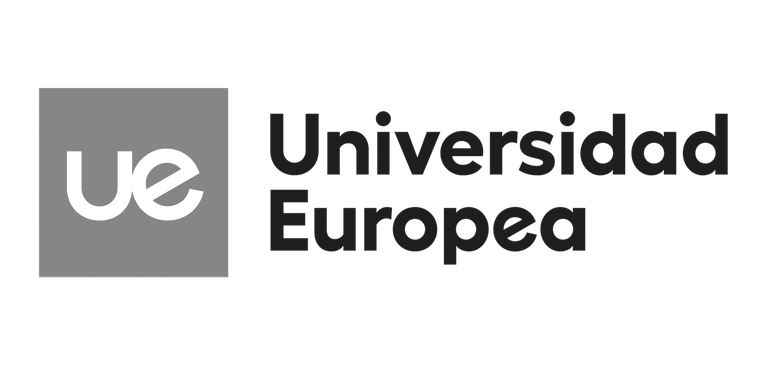


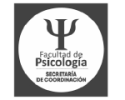



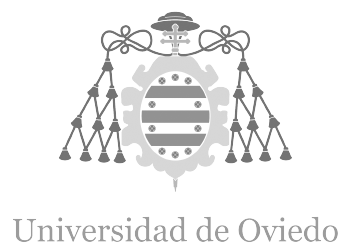
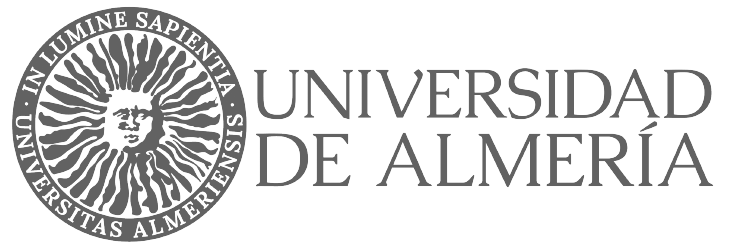

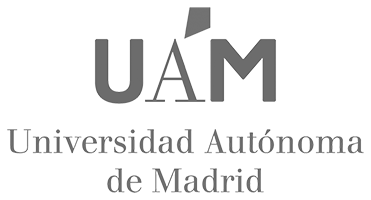
Este proyecto ha recibido financiación de la Unión Europea del programa de investigación e innovación
Horizon 2020 bajo el acuerdo Nº 733901
© 2025 Nesplora S.L.